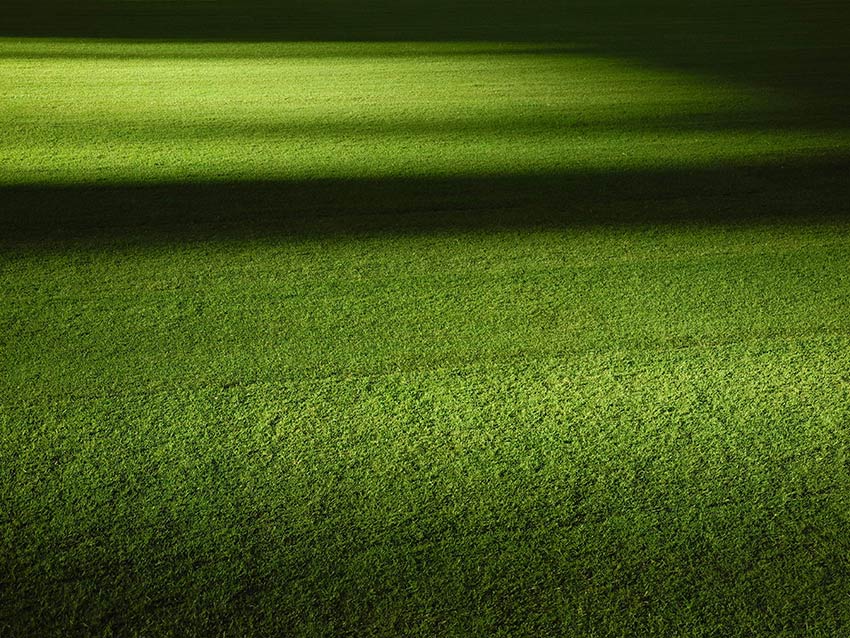Last year, artificial grass for domestic garden use surged in popularity, as many UK garden owners took the decision to replace their natural grass lawn with an artificial alternative. This boom in sales is attributed to the pandemic, with people spending much more time in the garden and wanting an ‘easier’ substitute for the real thing.
There are a couple of reasons artificial grass has been sought out in favour of a living lawn; firstly it offers a robust solution to a garden that needs to meet multiple needs, be that a playground for the kids or a place to continue meeting up with friends as the seasons change, and secondly, well it’s pretty trendy right now. With mega-influencer Mrs Hinch opting for faux grass and sharing this with her 4.1m followers, it’s clear to see how this trend grew in popularity.
But what are the problems with artificial grass? Well, there’s a few and it’s making this craze a worrying one.
The problems with artificial grass

Before you follow the likes of Mrs Hinch and rip out your natural grass to lay plastic grass, have a look at some of the negatives that come with this decision:
- Removes vital wildlife habitat
- Unnecessary use of plastic that is hard to/rarely recycled
- Can pollute soil for centuries to come through microplastics
- Carries a large carbon footprint
- Can overheat in hot temperatures
- Requires maintenance to keep it clean
Why are we talking about artificial grass?
We manufacture lawn mowers; plastic grass doesn’t need mowing. For this reason, it’s understandable to be cynical about why we’re talking about the perils of taking out your real lawn to replace it with an artificial one!
The thing is, we are also a bunch of eco-friendly product enthusiasts; we believe our products support a better environmental approach to maintaining gardens across the UK, and we believe that fake grass does not.
Giving garden owners the information needed to make choices that fit their needs as well as contributing to greener living is always on our agenda, and we believe many are choosing artificial lawns without understanding the impact it has; this why we want, why we need to talk about it.
Over the coming months, we’re going to be exploring some of these issues in further detail to create a hub of information around the subject of artificial lawns. We’ll also be speaking to professional gardeners to get their advice and opinions when it comes to artificial grass.
Would you like to know more about the cons of using artificial grass?
We’ve put together a reading guide to get started:
Inews.co.uk 'Conservationists fear for insect life as fake lawn sales surge'
TheGuardian.com 'Is it time to say goodbye to artificial grass?''


